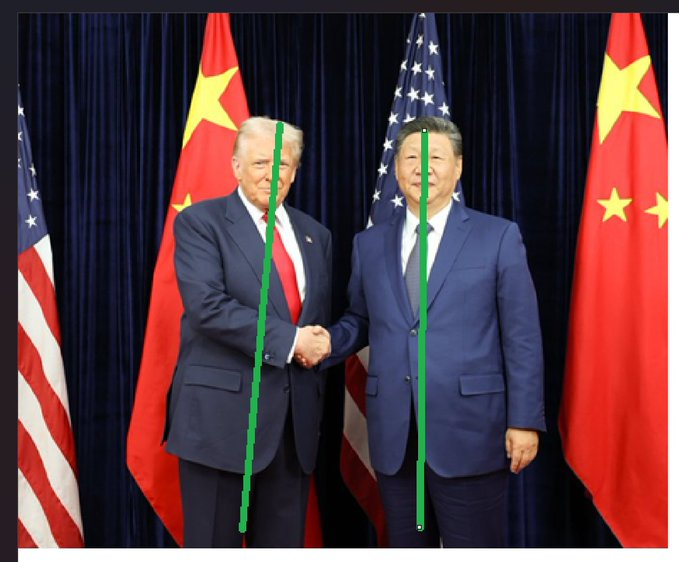Social Media Post Alleges 'Pyniekhods' as Underrated Sino-Russian Geopolitical Weapon

A recent social media post by user Teortaxes has sparked discussion by humorously suggesting "Pyniekhods (Пынех`oды)" as an "underrated aspect of Sino-Russian partnership" and a "key geopolitical weapon of the modern era." The tweet initiated its commentary by observing the perceived height similarity between leaders Xi Jinping and Donald Trump, despite their reported height differences.
The term "Pyniekhods," which appears to be a neologism, is widely interpreted as a satirical reference to alleged height-enhancing footwear or other visual manipulation techniques. This concept frequently surfaces in internet memes and political commentary, particularly in relation to public figures like Russian President Vladimir Putin, where "Пыня" (Pynya) is a derogatory nickname often used in such contexts. The tweet implies a "technology transfer" of these methods between Russia and China.
While the "Pyniekhods" claim is satirical, the broader context of Sino-Russian technology transfer is a genuine and significant geopolitical development. Both nations have deepened their strategic partnership in recent years, engaging in substantial cooperation across various sectors, including defense, aerospace, and advanced technologies. This collaboration is closely monitored by international observers for its implications on global power dynamics.
The initial observation in the tweet regarding the perceived height of leaders Xi Jinping and Donald Trump taps into a common fascination with political optics. Public records and general knowledge indicate that Donald Trump is taller than Xi Jinping, making the tweet's assertion of them appearing "the same height" a subtle nod to how visual presentation, including camera angles or footwear, can influence public perception. Such observations often fuel online commentary and speculation.
The social media post, therefore, serves as an example of how online discourse blends factual observations with satirical elements to comment on geopolitical realities. By framing a humorous, meme-driven concept as a "geopolitical weapon," the tweet highlights the intersection of internet culture with serious international relations, prompting readers to consider both the literal and figurative implications of leadership presentation and strategic alliances.